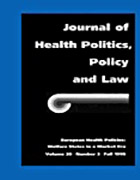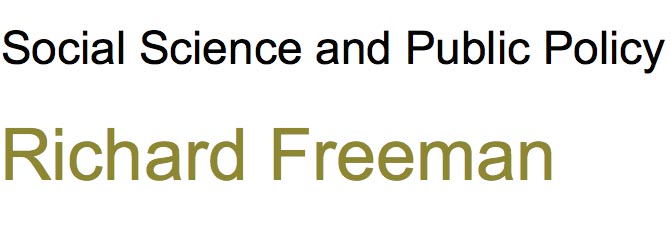 The gap between rhetoric and reality in health policy making for disease prevention services is well recognized. I do not try once more to close the gap, but rather argue that the rhetoric of prevention is politically significant. Beginning with an account of prevailing explanations of prevention in policy making, I explore the idea that prevention has a pervasive legitimacy in health politics. This affords opportunities for instrumental policy making by government. To this end, I concentrate on the relationship between disease prevention and health care delivery, discussing in detail the association between prevention and health care reform. My arguments are based on case studies of policy making in Germany and the United Kingdom. I discuss implications for understanding the core interests of government, physicians, and users with respect to prevention in health policy making. The concluding section offers comparative commentary on the role of disease prevention in health sector restructuring.
The gap between rhetoric and reality in health policy making for disease prevention services is well recognized. I do not try once more to close the gap, but rather argue that the rhetoric of prevention is politically significant. Beginning with an account of prevailing explanations of prevention in policy making, I explore the idea that prevention has a pervasive legitimacy in health politics. This affords opportunities for instrumental policy making by government. To this end, I concentrate on the relationship between disease prevention and health care delivery, discussing in detail the association between prevention and health care reform. My arguments are based on case studies of policy making in Germany and the United Kingdom. I discuss implications for understanding the core interests of government, physicians, and users with respect to prevention in health policy making. The concluding section offers comparative commentary on the role of disease prevention in health sector restructuring.
Source: Journal of Health Politics, Policy and Law 20 (3) 745-765
